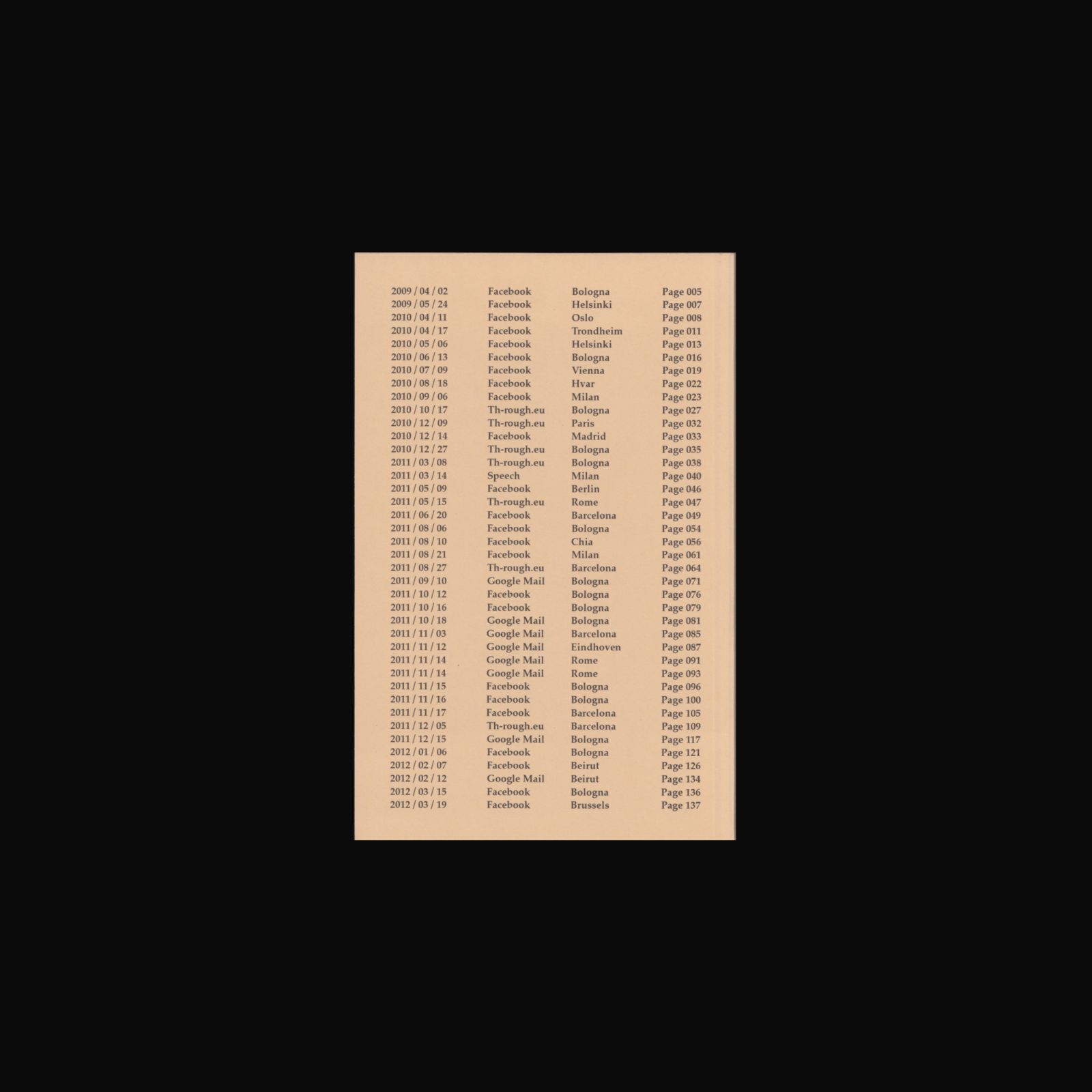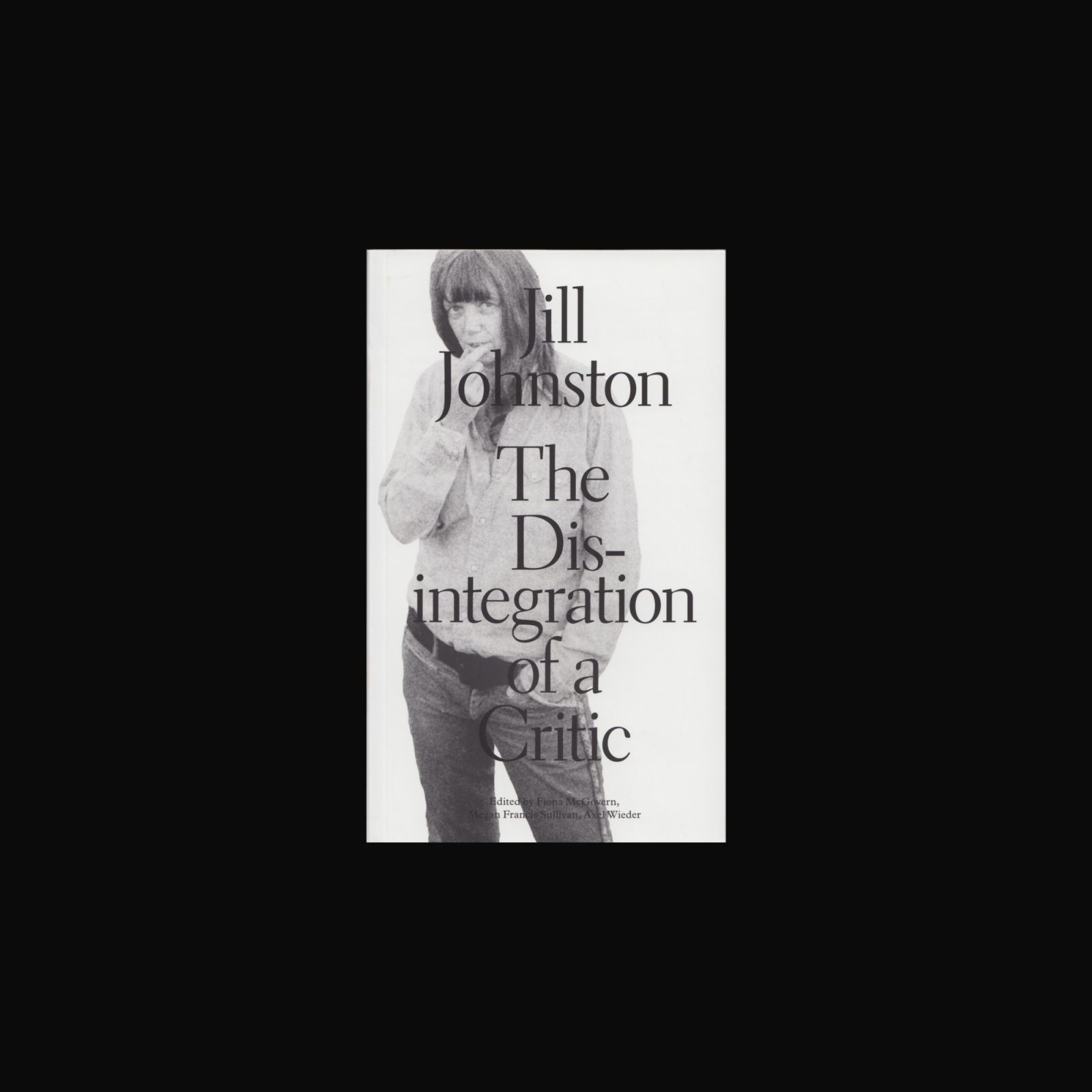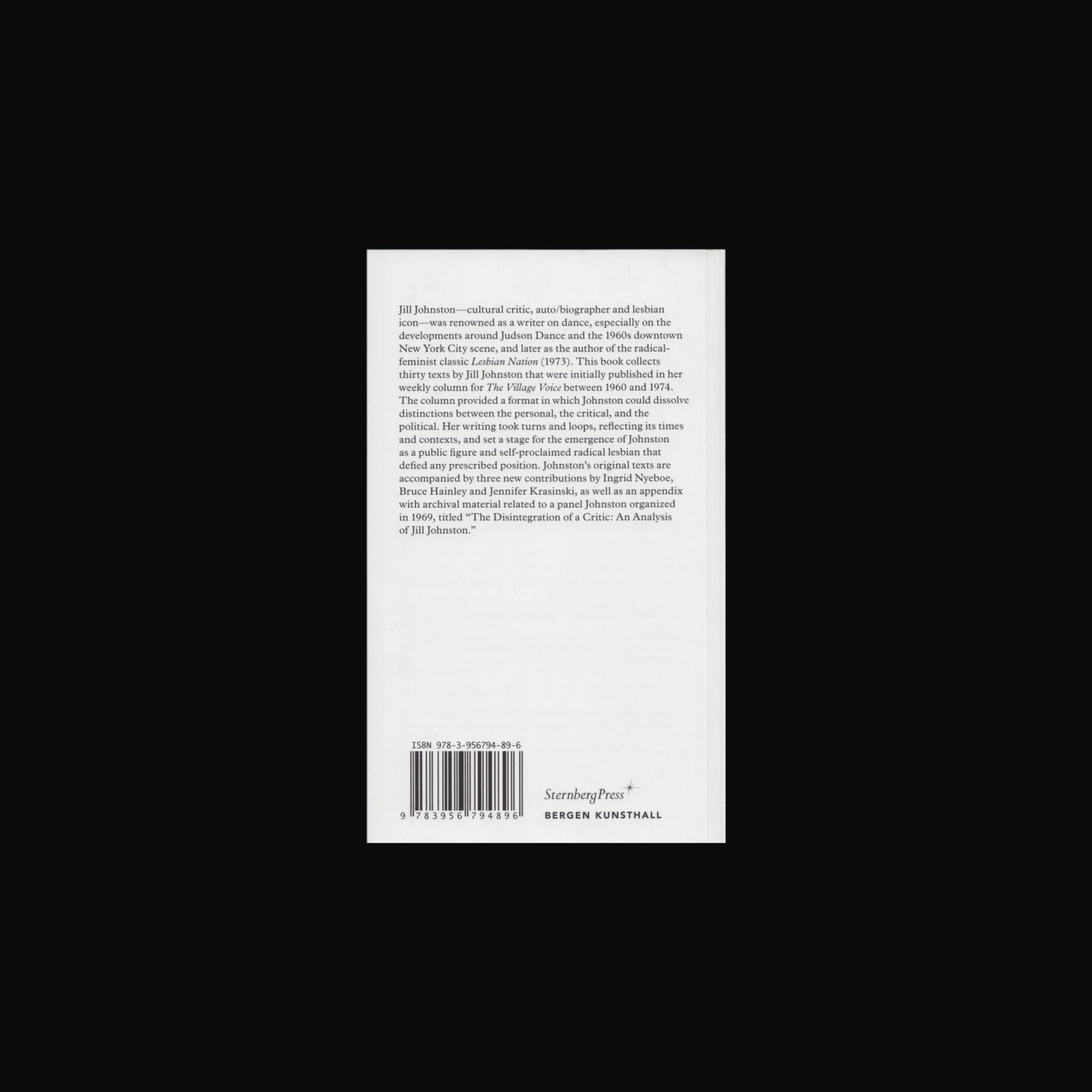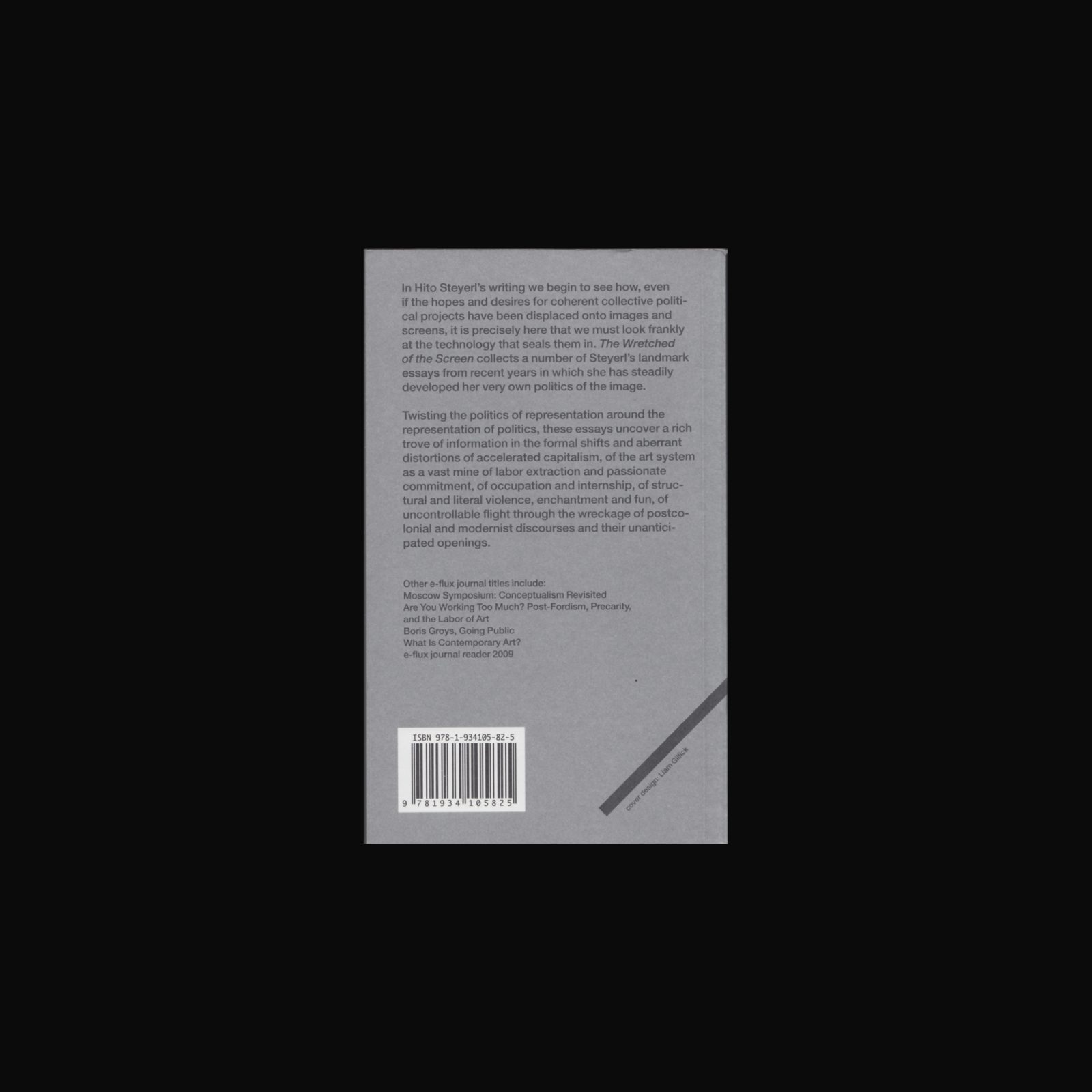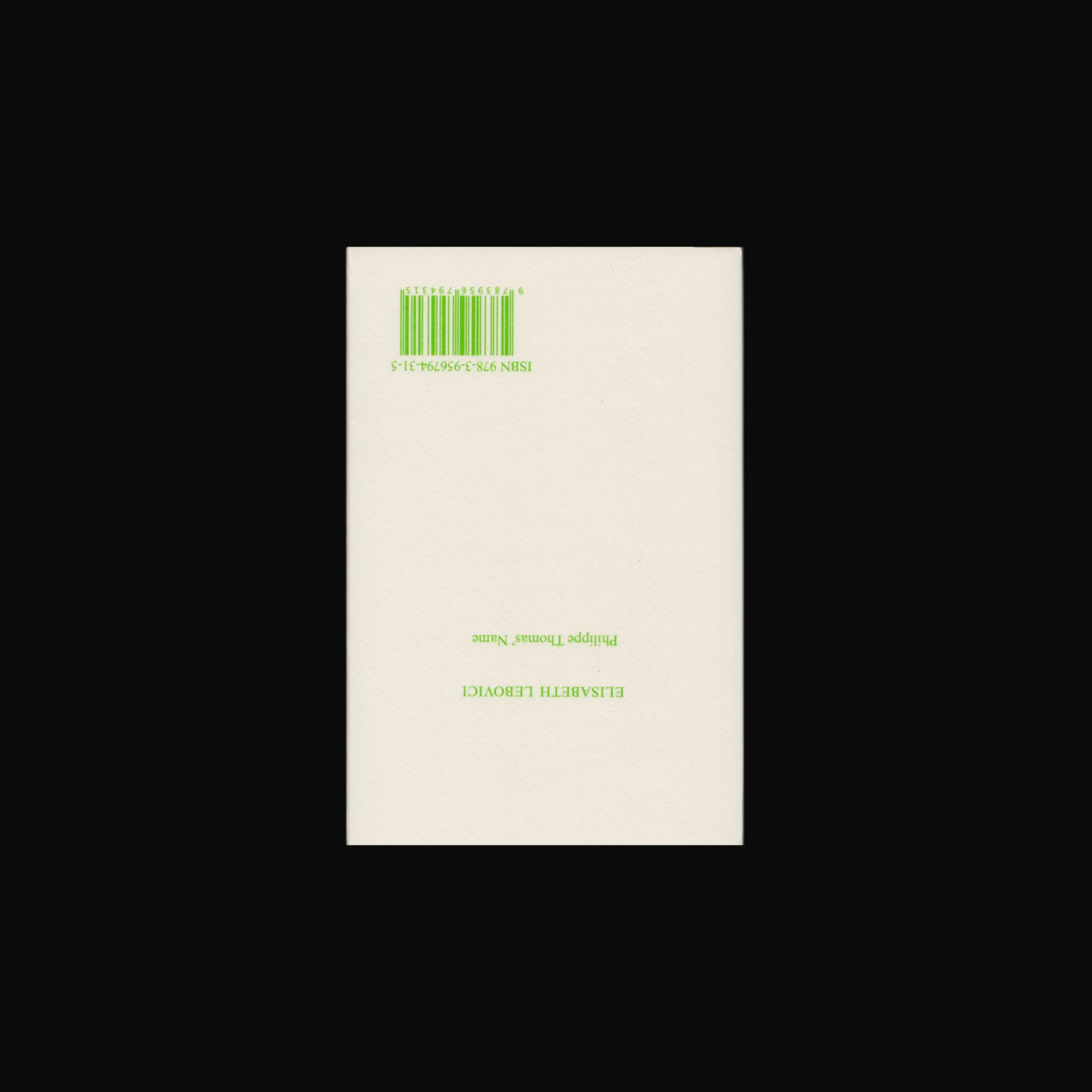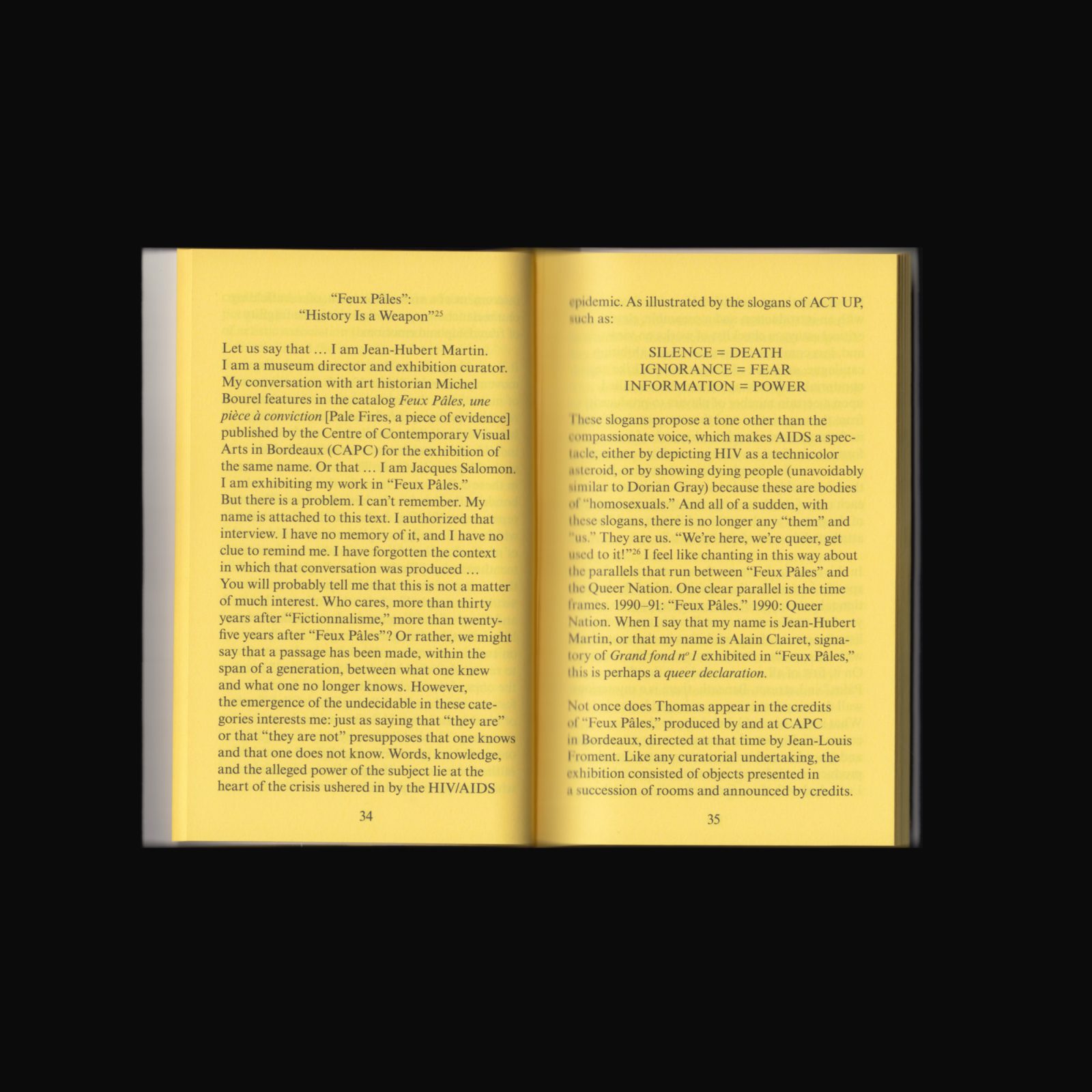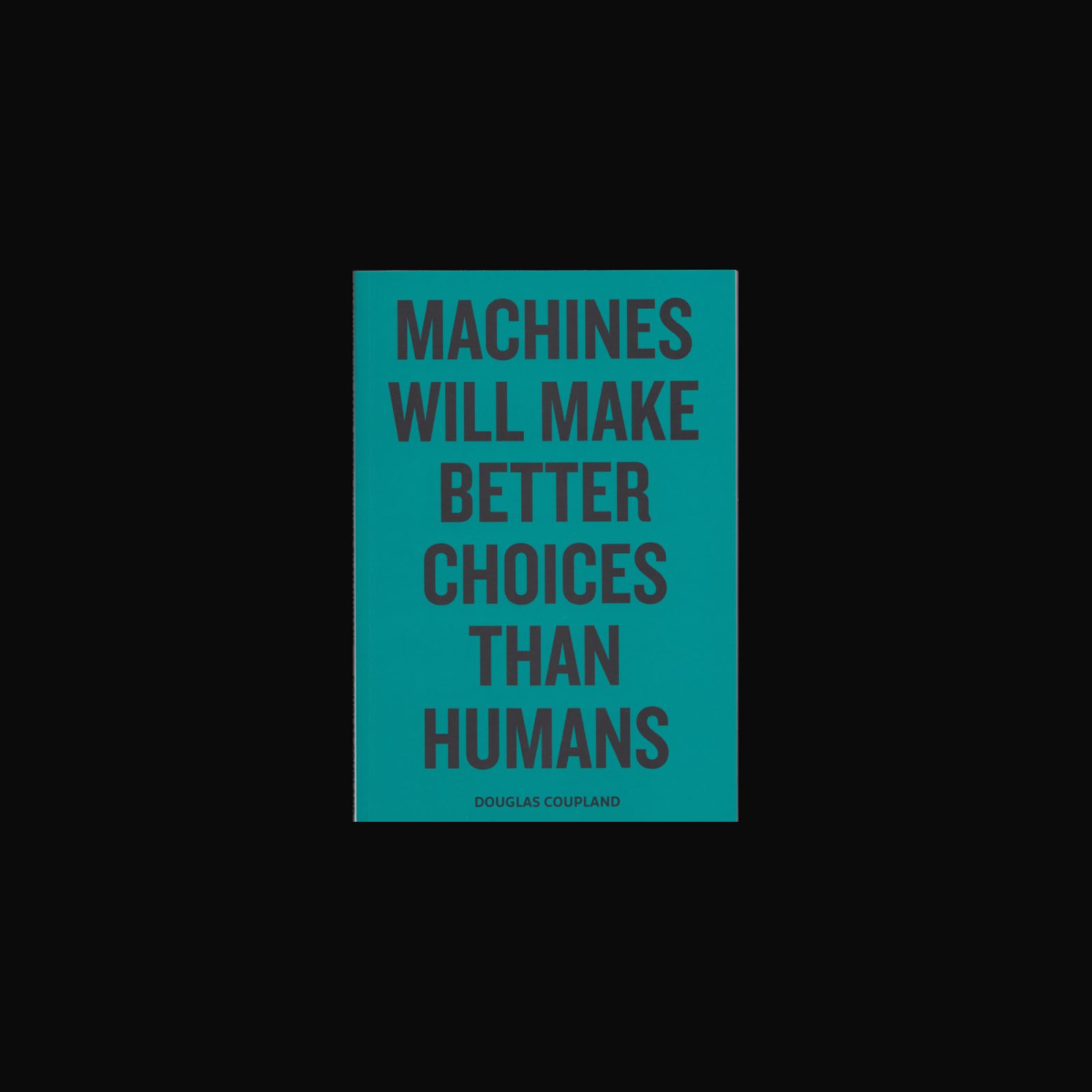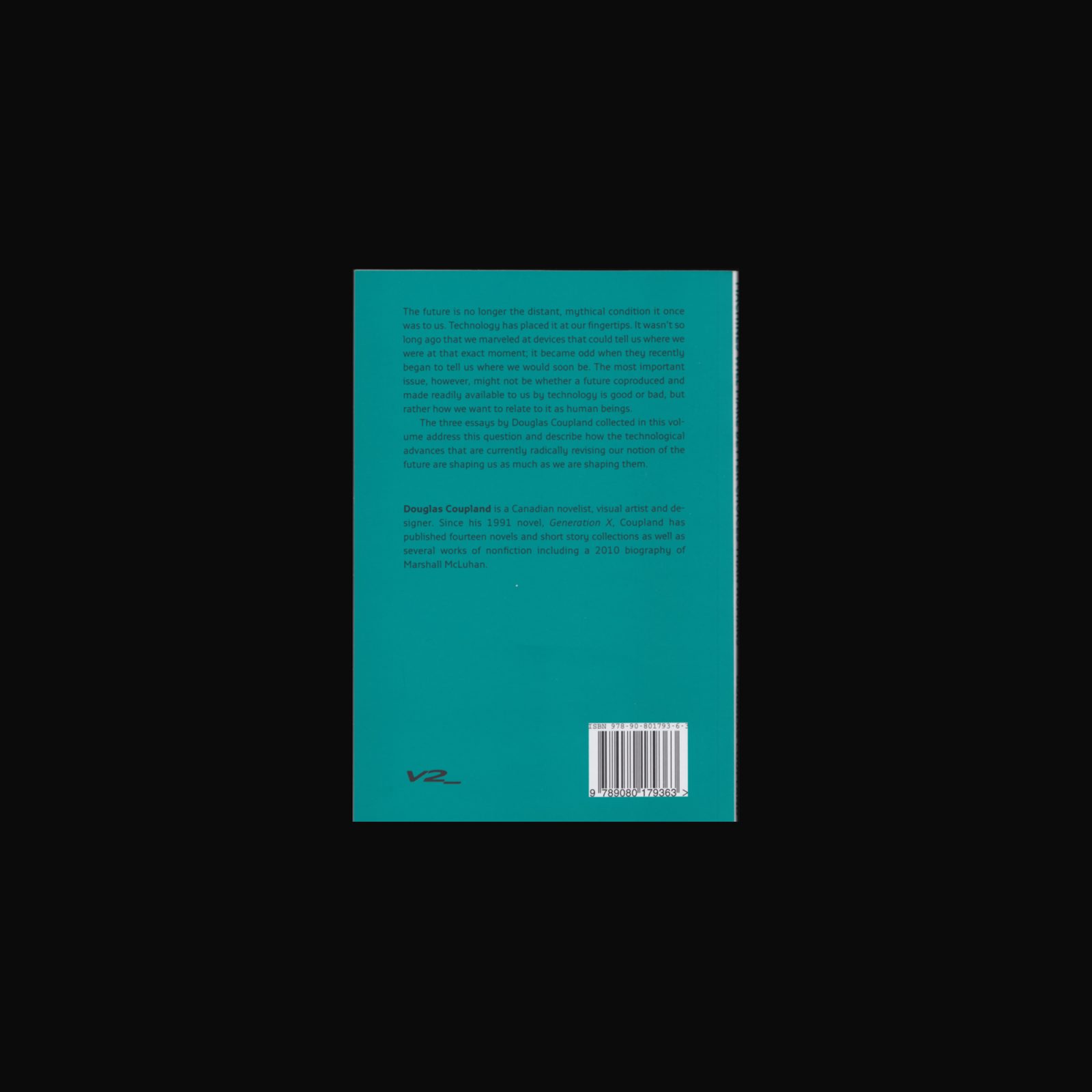Skizo-Mails is the first issue of the new book series Doormats published by Errant Bodies Press. Doormats seeks to unfold creative perspectives on what the political can be today: from critical appraisals of economic injustices to experimental research and projects on public life, the series aims for new political subjectivity. Doormats supports experimental writing, rants and poetics, reflections and commentary by international voices.
Franco “Bifo” Berardi (born 1948 in Bologna) is a philosopher, cultural theorist and political and media activist. During the 1980s he contributed to Semiotexte (NY), Chimeree (Paris), Metropoli (Rome) and Musica 80 (Milan). In the 1990s he published Mutazione e Cyberpunk (Genoa, 1993), and more recently: Felix (London, 2008), The Soul at Work (Semiotexte, 2010) and After the Future (AK Press, 2011).


